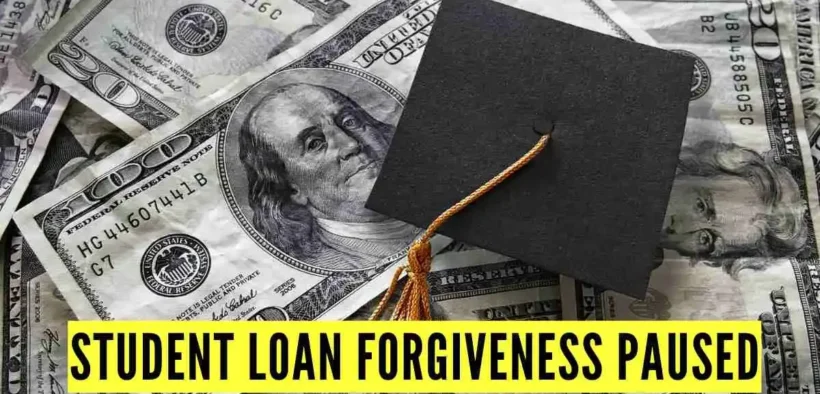Trump Administration Suspends Student Loan Forgiveness Under Income-Based Repayment Plan
Share

The U.S. Department of Education under former President Donald Trump, led at the time by WWE co-founder Linda McMahon, has suspended the Income-Based Repayment (IBR) plan, one of the key pathways to student loan forgiveness.
This comes as a surprise to many, especially since IBR was the only federal repayment plan not currently blocked by lawsuits or court orders.
How the IBR Plan Worked
The IBR program allowed federal student loan borrowers to repay loans based on their income and family size. Each year, payments would adjust accordingly. And if borrowers still had a balance after:
- 25 years (for loans before July 1, 2014), or
- 20 years (for loans after that date),
The remaining debt would be forgiven.
Now, that pathway has been shut down, at least for the time being.
Why the Suspension Matters
The suspension doesn’t just affect future borrowers. It directly disrupts financial plans for millions of Americans counting on gradual relief through income-based options.
While other repayment plans have been tangled in lawsuits, IBR remained untouched until now.
What About the Other Repayment Plans?
Many borrowers have already been forced off plans due to legal challenges or restructuring. Here’s where the others stand:
✔ Pay As You Earn (PAYE)
- Capped at 10% of your discretionary income.
- Temporarily paused due to court rulings.
✔ SAVE Plan
- The revamped replacement of REPAYE.
- Automatically converted many borrowers.
- Touted benefits: protects more of your income for basic needs and could forgive remaining debt in as few as 10 years for some.
✔ Income-Contingent Repayment (ICR)
- Payments are the lesser of:
- What you’d pay on a fixed 12-year term (adjusted for income), or
- 20% of your discretionary income.
- Still available, but less commonly used.
What Comes Next for Borrowers?
With IBR out of commission, options are rapidly shrinking for those trying to manage long-term student loan debt. The Department of Education has yet to explain why IBR was suspended, especially when legal roadblocks haven’t touched it.
Advocates worry this could spell trouble for working-class Americans who rely on income-driven repayment programs to avoid default and eventual bankruptcy.
The federal student loan system is in a state of flux—and borrowers are caught in the middle. While other programs are paused due to court battles, the removal of IBR marks a voluntary policy shift by the Trump administration that could affect millions.
As the Department of Education remains quiet on the next steps, borrowers are urged to review their current repayment plans and monitor official announcements closely.


























